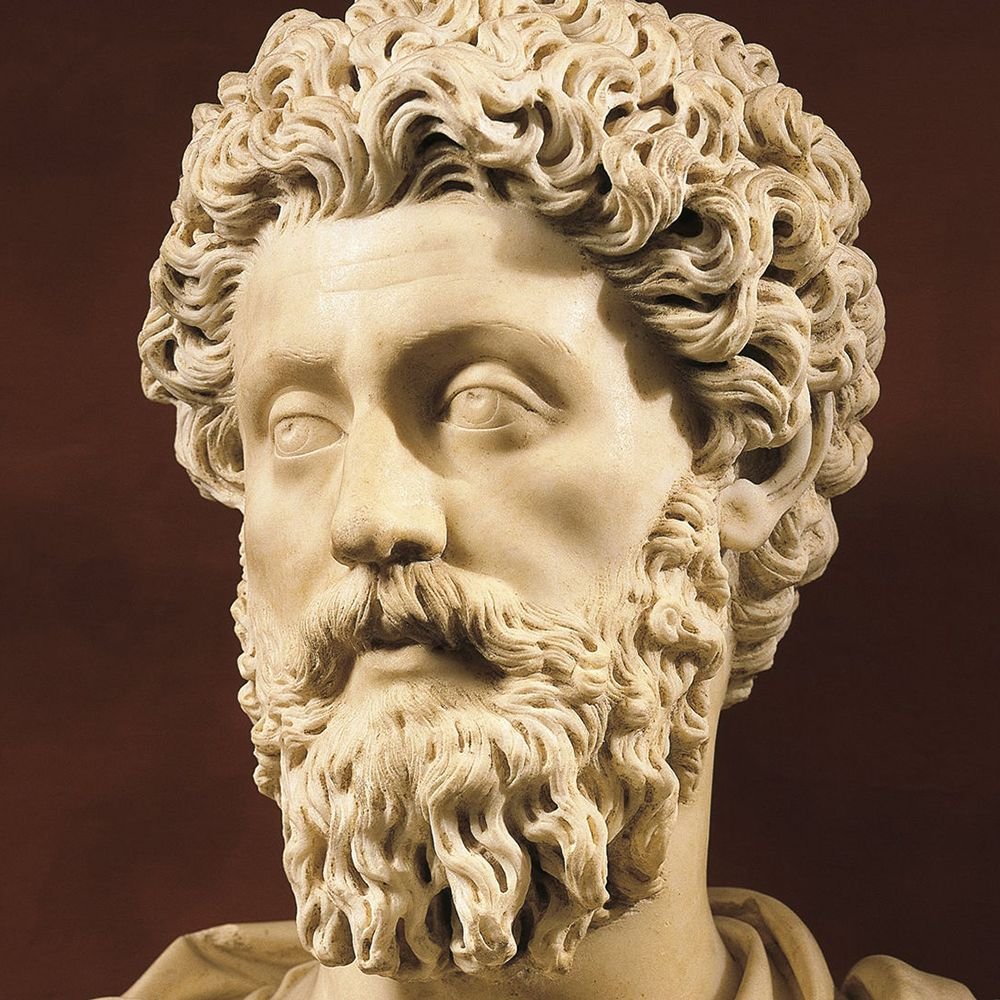Are you into Stoicism?
Stoicism: A Rising Philosophy in the Law Enforcement Community
“The mind freed from passions is an impenetrable fortress—a person has no more secure place of refuge for all time.”
- Marcus Aurelius Antoninus. — Roman emperor, Stoic philosopher and one of history’s greatest leaders.
Stoicism, an ancient philosophy developed by Greek and Roman philosophers, has been gaining popularity among law enforcement professionals in recent years. With its emphasis on self-control, resilience, and the acceptance of things beyond one's control, Stoicism offers practical tools for public safety professionals to navigate the challenges they face on duty and maintain a balanced life outside of work. In this article, we will explore how Stoicism can be beneficial for police officers in both their professional and personal lives, providing scenarios and examples to illustrate its practical applications.
Stoicism in Practice:
Emotional Resilience: One of the central tenets of Stoicism is understanding that we have control over our own emotions and reactions. This principle is particularly crucial for police officers who regularly face high-stress situations. By practicing Stoicism, officers can develop emotional resilience, allowing them to remain calm and composed even in the face of adversity. For example, when dealing with an agitated individual, a Stoic officer can employ techniques such as taking deep breaths, reminding themselves of the impermanence of the situation, and focusing on their own actions rather than becoming emotionally reactive.
Adapting to Change: Law enforcement officers often encounter unpredictable circumstances and constantly changing environments. Stoicism teaches individuals to embrace the inevitability of change and adapt accordingly. By internalizing the Stoic philosophy of accepting what cannot be controlled, officers can better handle unexpected challenges. They can maintain focus on the task at hand rather than becoming overwhelmed by the uncontrollable factors in a situation. This mindset allows them to make better decisions and take effective action, even in high-pressure scenarios.
A few Famous Stoic Philosopher With Quotes:
Marcus Aurelius:
Marcus Aurelius, the Roman Emperor and Stoic philosopher, emphasized the importance of inner strength and self-discipline. His Meditations provide valuable insights for police officers facing challenging situations. One of his notable quotes is, "You have power over your mind, not outside events. Realize this, and you will find strength."
Epictetus:
Epictetus, a prominent Stoic philosopher, focused on the idea that our perception of events determines our emotional responses. For law enforcement professionals, this perspective can be particularly relevant. Epictetus said, "Men are disturbed not by things, but by the views which they take of them." This quote serves as a reminder that officers can choose how they interpret and respond to difficult circumstances.
The Case for Studying Stoicism:
Studying Stoicism can be a valuable practice for law enforcement officers, as it equips them with practical tools to manage stress, maintain emotional balance, and make sound decisions in challenging situations. While other branches of philosophy may also offer insights, Stoicism's emphasis on self-control and resilience aligns well with the demands of the law enforcement profession.
In an increasingly demanding and unpredictable profession, law enforcement officers are finding solace and guidance in the ancient philosophy of Stoicism. By applying Stoic principles to their work and personal lives, officers can enhance their emotional resilience, adapt to change more effectively, and maintain a sense of purpose and fulfillment. Stoicism empowers officers to navigate the complexities of their profession with wisdom and integrity.
Visit TacBookUSA.com for additional resources and materials to support law enforcement professionals on their journey to excellence. Remember, only a select few in our industry genuinely strive for excellence, and you can be part of that community.
Stay Wise,
Team TacBook
